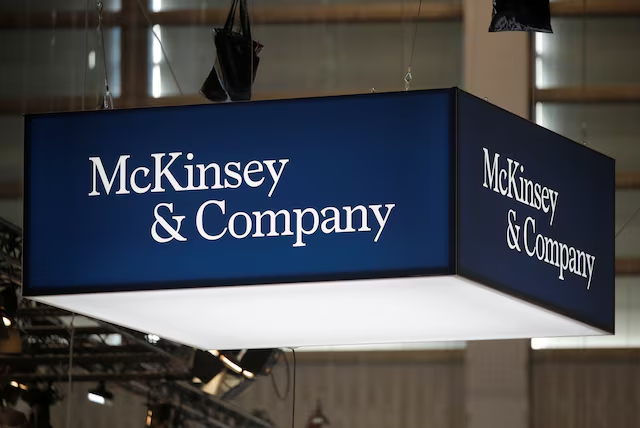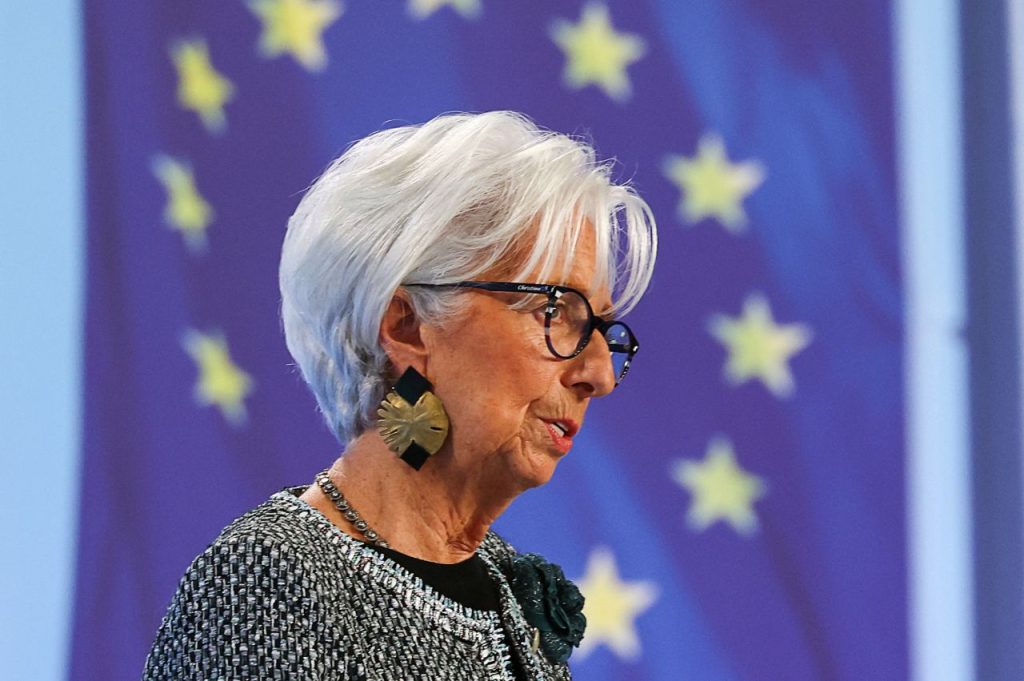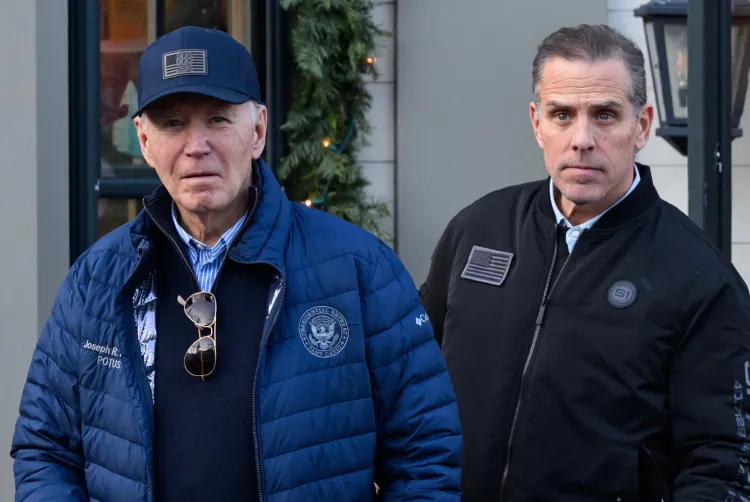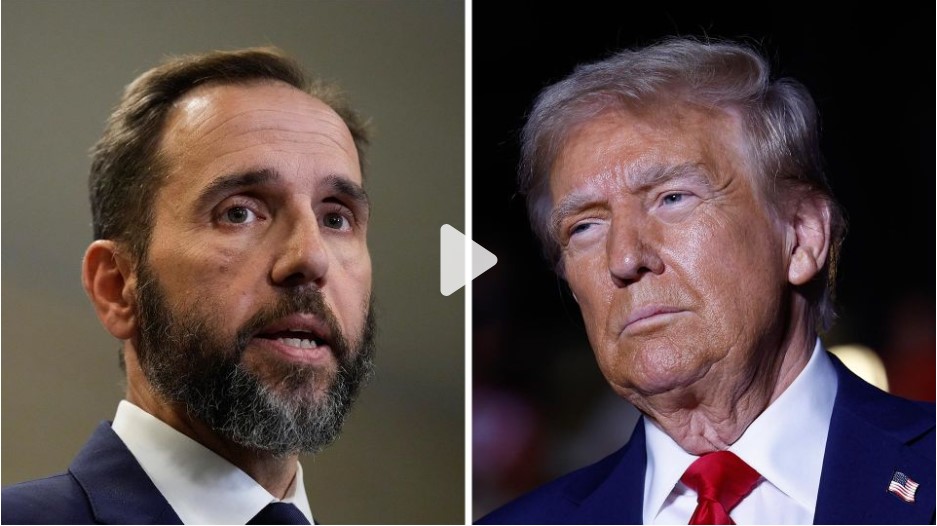Consulting firm McKinsey to pay $650 million to resolve US opioid charges

McKinsey’s involvement in the opioid epidemic stems from its work with Purdue Pharma, the maker of OxyContin, one of the most widely prescribed and abused prescription painkillers. McKinsey reportedly provided strategic advice to Purdue on how to increase sales of OxyContin, even as the drug was linked to rising addiction rates and an increasing number of overdose deaths. Specifically, McKinsey’s role included advising Purdue on how to target high-volume prescribers and boost sales in regions with high overdose rates. This advice, according to investigators, contributed significantly to Purdue’s aggressive marketing campaign, which has been widely blamed for exacerbating the opioid crisis.
The $650 million settlement is part of an effort to hold McKinsey accountable for its role in the opioid epidemic and provide financial compensation to states and local governments that have been severely impacted by the crisis. The settlement will be used to fund addiction treatment programs, public health initiatives, and other efforts aimed at addressing the opioid crisis and helping communities recover from its devastating effects.
McKinsey did not admit to any wrongdoing as part of the settlement, but it acknowledged that its actions contributed to the opioid epidemic. The consulting firm also agreed to release thousands of internal documents, which had previously been sealed, shedding light on its involvement with Purdue and the strategies it used to help the company maximize profits from opioid sales. These documents reveal the extent to which McKinsey was deeply embedded in Purdue’s business strategies, working alongside executives to push sales of the drug despite the growing evidence of its dangers.
The settlement marks a significant moment in the ongoing efforts to hold corporations accountable for their role in the opioid crisis. It comes after several years of legal battles, with state and local governments seeking to hold Purdue Pharma and other companies in the opioid supply chain accountable for their part in the epidemic. Purdue Pharma, which filed for bankruptcy in 2019, has already reached its settlement, which will see it pay out billions of dollars to resolve opioid-related claims.
While McKinsey’s settlement may seem like a step toward justice for the millions of Americans affected by the opioid crisis, many advocates are calling for stronger accountability. Some critics argue that the settlement is insufficient given the scale of McKinsey’s involvement in the opioid epidemic and its role in exacerbating the crisis. The $650 million figure is a fraction of the billions of dollars that have been spent on addressing the opioid crisis, and some believe that McKinsey should face further financial penalties or criminal charges for its actions.
In addition to the financial settlement, McKinsey has agreed to implement changes to its business practices, including enhancing its internal controls and compliance mechanisms to ensure that its consultants do not engage in similar activities in the future. The company has also pledged to cooperate fully with ongoing investigations into the opioid epidemic and any other related matters.
The legal settlement with McKinsey is part of a broader wave of accountability for companies that have contributed to the opioid crisis. In recent years, other corporations, including major drug distributors like McKesson, Cardinal Health, and AmerisourceBergen, have faced legal action and have been forced to pay billions of dollars to resolve opioid-related claims. These settlements are part of a broader effort to hold the pharmaceutical industry accountable for its role in the opioid epidemic, which has claimed the lives of hundreds of thousands of Americans and caused immeasurable harm to communities across the country.
The opioid crisis has had a profound impact on American society, contributing to an alarming rise in addiction, overdose deaths, and social and economic instability. The U.S. government has declared the opioid epidemic a public health emergency, and many states and localities have launched lawsuits against pharmaceutical companies, distributors, and others involved in the opioid supply chain. While the settlements and legal actions against McKinsey and other companies are seen as steps toward addressing the crisis, advocates warn that much more needs to be done to address the root causes of the epidemic and support those affected by addiction.
In conclusion, McKinsey & Company’s $650 million settlement to resolve U.S. opioid charges represents a significant moment in the ongoing battle to hold corporations accountable for their role in the opioid crisis. While the settlement may provide some compensation to affected states and communities, it also raises important questions about corporate responsibility, accountability, and the need for stronger regulatory oversight to prevent future crises. As the opioid epidemic continues to devastate communities across the United States, the settlement serves as a reminder of the long-lasting effects of corporate actions and the urgent need for comprehensive solutions to address addiction and recovery.






